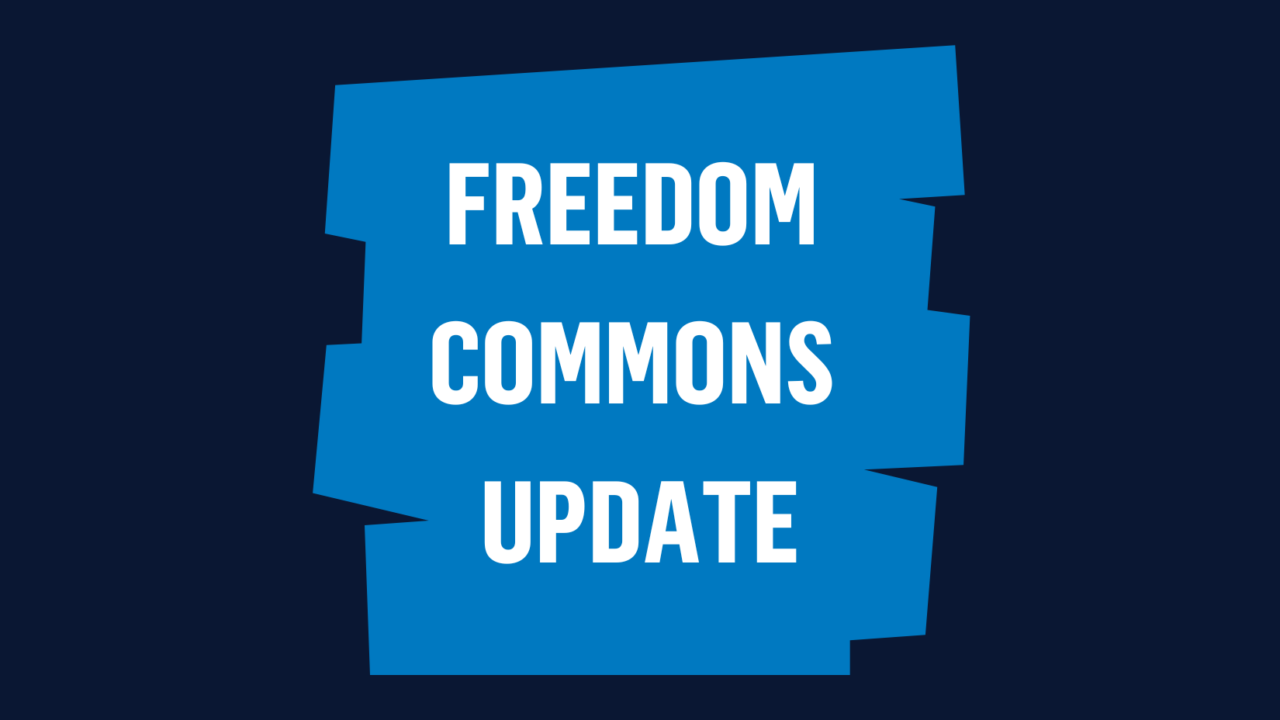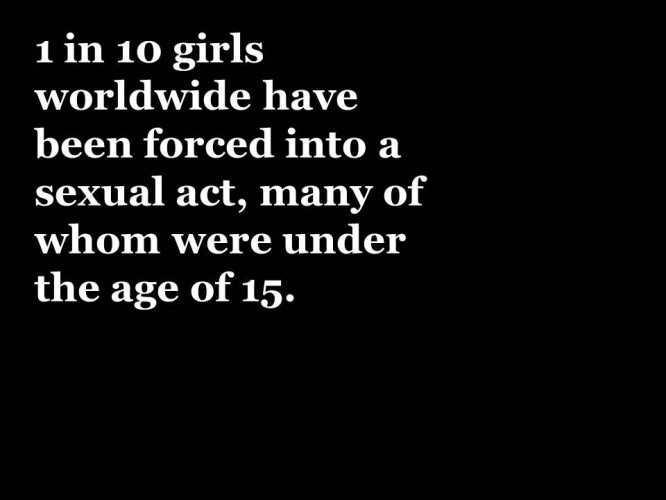Op-Ed | Missing From The UN's Agenda: Everyday Violence

September 2014
Earlier this month, UNICEF released a staggering report on violence against children. The report, Hidden in Plain Sight, reveals that violence is as much a part of poverty as hunger, illness, or lack of access to education, but it is much harder to see. Its publication is timely, as the UN General Assembly convenes in New York City later this month to mark one year until the 2015 Sustainable Development Goals are announced. These goals will set a new global agenda for governments, development agencies and NGOs to address poverty and promote sustainable development.
Violence against women and children, particularly girls, in conflict or disaster areas is well-documented; however, what is less obvious is the violence that children in the developing world are subjected to on a daily basis.
The report exposes the relentlessness of violence against children with stunning statistics: 1 in 10 girls worldwide have been forced into a sexual act, most of whom were under the age of 15; millions of images online depict the sexual abuse of children. Perhaps the most startling revelation of the report, however, is that the majority of violence against children happens in normal, everyday environments. Places where we assume that children should be safe—in the home or at school—and often perpetrated by a caregiver, a teacher or someone else known to the child.
According to UNICEF’s report, “experiences of sexual violence in childhood hinder all aspects of development: physical, psychological and social.” This relentless violence destroys individual lives—and, on a larger scale, undermines the success of some of the original Millennium Development Goals. Sexual violence against children spreads HIV/AIDS, perpetuates poor maternal health and exacerbates other health-related issues the Millennium Development Goals sought to address. Likewise, when girls are sexually assaulted at or on their way to school, they stop going—a serious detriment to universal girls’ education.
When the United Nations developed its eight Millennium Development Goals in 2000, it put forward a global development agenda that would tackle issues like poverty, education, and health. But, missing from that agenda was addressing this epidemic of everyday violence. These goals are currently being evaluated, and a new development agenda—the post-2015 Sustainable Development Goals—will be released at next year’s UN General Assembly.
There is a way to stop this everyday violence: by fixing the broken justice system that fails to protect those who need it most. When a child is sexually assaulted in the United States, we call the police. Children in the developing world do not deserve any less. History proves that corrupt and dysfunctional systems can be corrected, and IJM’s work in nearly 20 communities in the developing world shows how transformation is possible today.
When the UN General Assembly convenes later this month, protection from violence—particularly for children—must be on the agenda.
In the subsequent months, UN Member States will deliberate on issues that should be included in the post-2015 agenda. Let’s hope they take seriously what UNICEF’s report documents and IJM’s work corroborates—that violence is an epidemic that must be addressed.
Go deeper:
- Sign your name to IJM's petition asking the UN to protect the poor from violence.
- Learn more about IJM's work to combat sexual violence against children.
- Read stories about child sexual assault cases and how IJM is helping transform broken justice systems.
- Meet an empowered survivor by watching Jamie's story of profound restoration.


This OP-ED was originally published in IJM's Newsroom. See the original version.